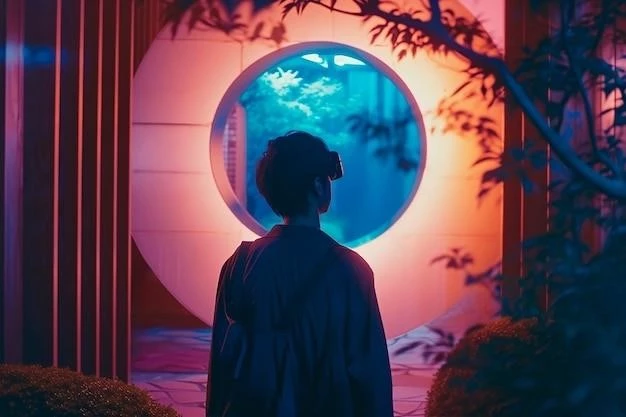Dreams. Those fleeting, ethereal experiences that transport us to different realms while we sleep have fascinated humanity for centuries. As a writer and someone deeply intrigued by the human mind, I’ve always been drawn to the enigmatic nature of dreams. My own dreams have often left me pondering their meaning, leading me down a rabbit hole of dream interpretations and cultural perspectives.
What I’ve discovered is that dreams, while universal, are interpreted through a cultural lens, adding another layer of complexity and richness to their understanding. The symbols we see, the emotions we feel, and the meanings we attribute to our dreams are often shaped by the societies and belief systems we’re embedded in. This realization sparked a personal quest to delve deeper into the diverse ways different cultures perceive and interpret dreams.
Dreams Across Time and Space
My journey began with exploring the historical interpretations of dreams. Ancient civilizations, like the Egyptians, revered dreams as divine messages. I learned about the Egyptians’ meticulous documentation of dreams on papyrus and their belief in dreams as portals to predicting the future.
The Greeks, too, fascinated me with their Dream Temples dedicated to Asclepius, the God of healing, where people sought divine guidance through dreams. The more I read about these ancient practices, the more I realized that dreams weren’t merely dismissed as random firings of the sleeping brain but were given profound importance in shaping decisions and understanding the world.
This exploration of ancient cultures made me reflect on how the interpretation of dreams evolved over time. The emergence of psychoanalysis in the 19th and 20th centuries, spearheaded by figures like Sigmund Freud and Carl Jung, offered a new perspective. Their theories, though often debated, highlighted the role of the subconscious and its manifestation in our dreams.

Eastern Perspectives on Dreams
My journey into the world of dreams then led me to the rich and diverse cultures of the East. I was particularly captivated by the Chinese understanding of dreams as journeys of the soul. The concept of the soul venturing out, interacting with spirits, and gleaning insights from other realms resonated deeply with me.
Learning about the ancient Chinese text, “Zhou Gong’s Dream Dictionary,” was like opening a treasure chest of dream symbols and their interpretations. It gave me a glimpse into the intricate ways the Chinese culture wove dreams into their understanding of life, fate, and spirituality.
Japanese culture, too, provided a unique perspective with its emphasis on dream diaries, known as “Yume Nikki.” This practice of recording dreams, not just for personal reflection but also for gaining insights into one’s waking life, intrigued me. The Japanese folklore, rich with tales of spirits and dreams, further deepened my fascination with the cultural interpretations of the nocturnal world.

African Dreamtime: Ancestral Connections and Spiritual Guidance
My exploration then took me to the heart of Africa, where dreams are often intertwined with ancestral connections and spiritual guidance. I was particularly drawn to the Maasai tribe and their revered dream interpreters, the “Oloiboni.” These individuals hold a special place within their communities, bridging the gap between the physical and spiritual realms through their ability to decipher dream messages.
The belief that ancestors communicate through dreams, offering guidance and warnings, is deeply embedded in many African cultures. This perspective resonated with me, as it highlighted the collective and communal aspect of dream interpretation, where dreams are not just personal but can have implications for the entire community.
Dreams in the Modern World
My journey through various cultural interpretations of dreams has been an enriching experience. It has made me realize that while science may offer explanations for the biological processes behind dreams, it’s the cultural lens that truly colors our understanding and interpretation of these nocturnal experiences.
In today’s world, despite the advancements in neuroscience and psychology, the allure of dream interpretation persists. Whether we seek guidance, meaning, or simply a glimpse into our subconscious, dreams continue to fascinate and intrigue us.
As for me, I no longer dismiss my dreams as mere figments of my imagination. Instead, I try to approach them with a sense of curiosity, exploring the symbols and emotions they evoke through various cultural lenses. This journey into the world of dreams has been a personal one, reminding me of the richness and diversity of human experience and the profound ways in which our cultures shape even our innermost thoughts and experiences.










